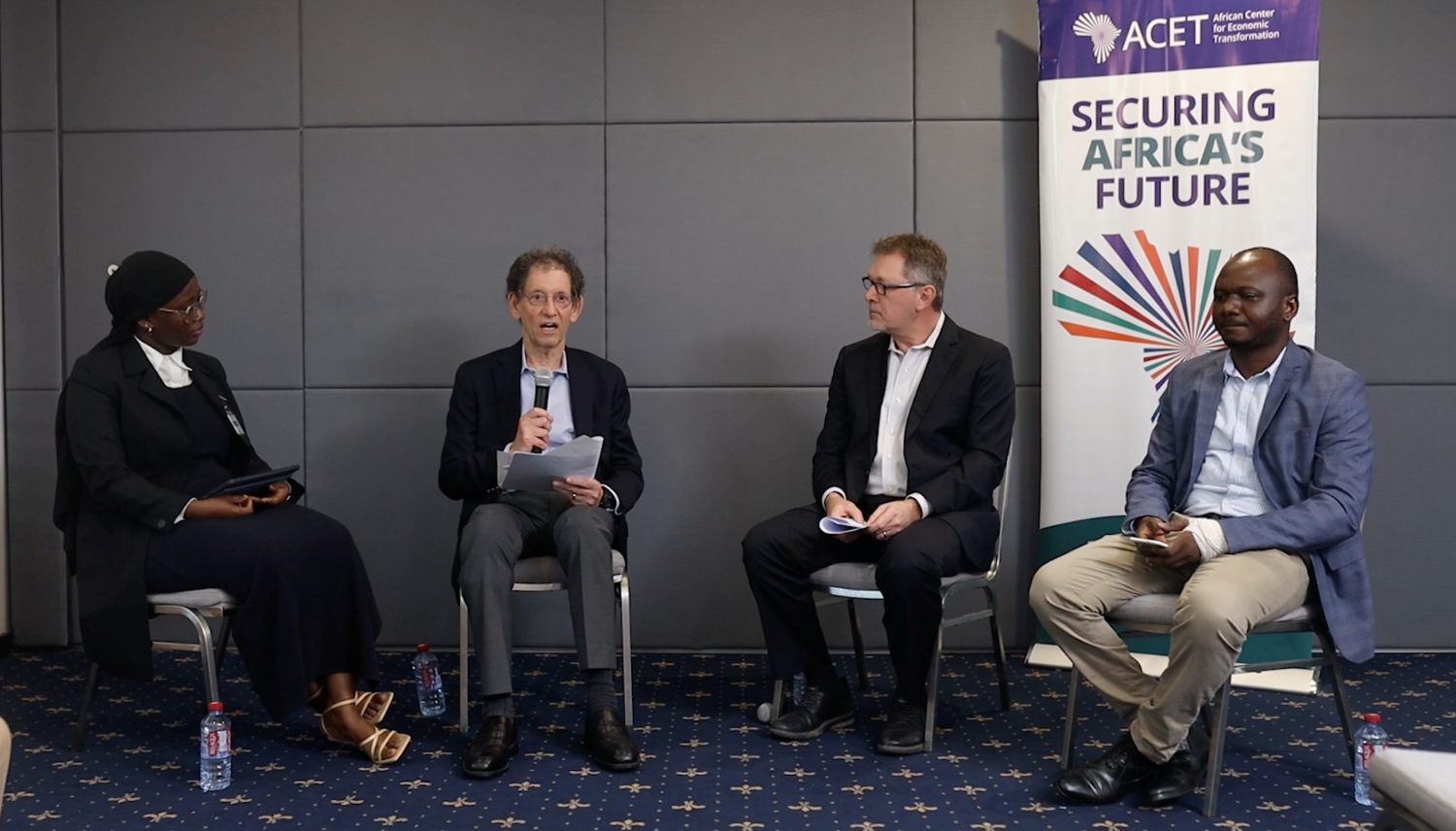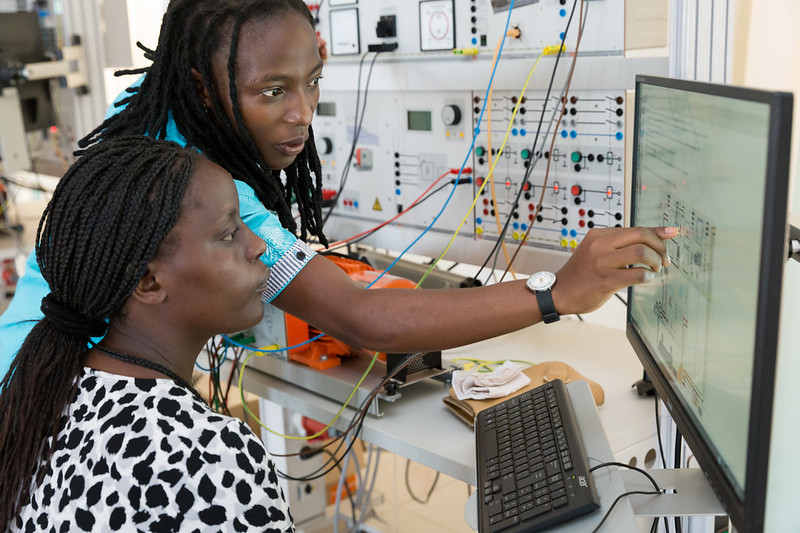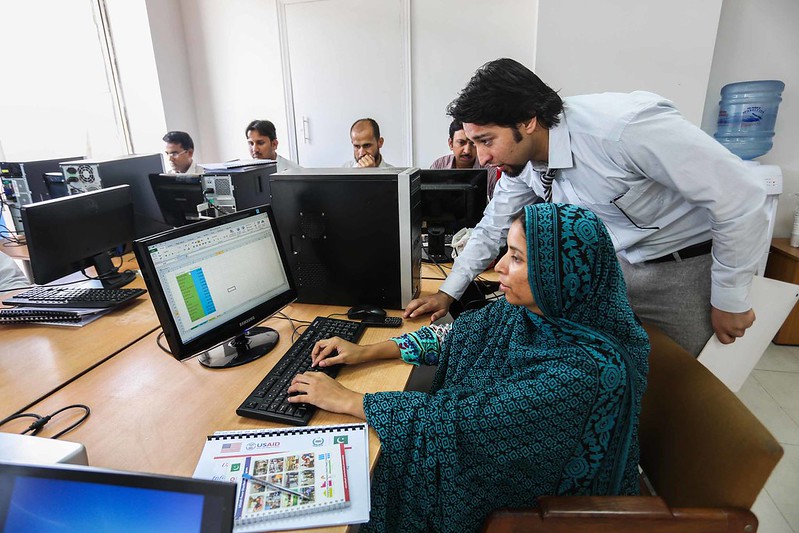In the developing world, lack of identification often hampers the flow of benefits from governments to their citizens. As I wrote in a previous post, biometric identification could solve this problem. In Nigeria, some government agencies are using this new technology to pay pensions and government salaries. One pilot program claims to have saved $80 million over three years by eliminating ghost workers and beneficiaries and streamlining payment systems.This week I learned about a new twist in the approach. According to an IBM press release, two programs in the Cross River State of Nigeria are combining biometrics and solar energy. The Hope and Comfort programs aim to provide healthcare and economic support to some of the poorest citizens of the region:
Biometric identification technologies have been introduced to help register and identify the beneficiaries of the programs, who are given digital identity cards that store an individual's photo and finger prints. As the region is challenged by frequent power failures, IBM consultants also advised on the installation of solar panels at the healthcare stations where free healthcare can be received and where the computer terminals for the programs are located.
While more evaluation is needed of the impact of these new technologies, this program offers a fantastic example of how they can help deliver social benefits and improve development efforts in communities around the globe.As more programs begin using biometrics, I hope to see increased coordination for so that the systems can cover larger areas and be useful over long periods of time. For example, small, program-based identification systems could be merged into a larger database of families in need of assistance, reducing overlap in registration and support. A central database could also improve information on development efforts in individual communities, allowing development agencies to better address needs in the community. And, as recently done in
Pakistan for flood relief, a system like this could facilitate rapid emergency humanitarian assistance.Cross River State
announced last year that it will begin issuing biometric ID cards to all citizens in hope of reducing fraud and improving payment system in social services. Depending on the program design (how comprehensive, if other programs can build from it, etc.), this system could go a long way in improving service delivery in the state—and serve as an example for other Nigerian states, and other countries.
CGD blog posts reflect the views of the authors, drawing on prior research and experience in their areas of expertise.
CGD is a nonpartisan, independent organization and does not take institutional positions.





